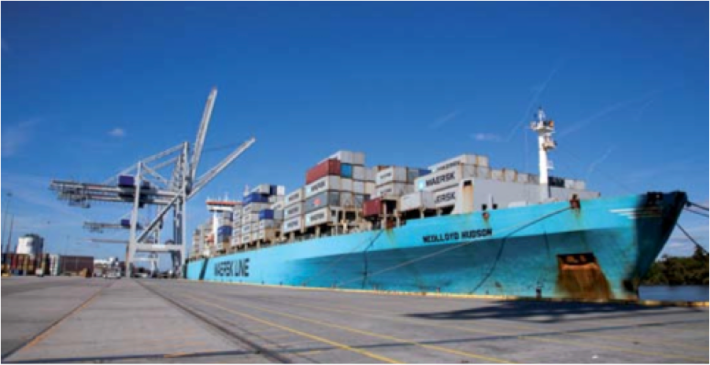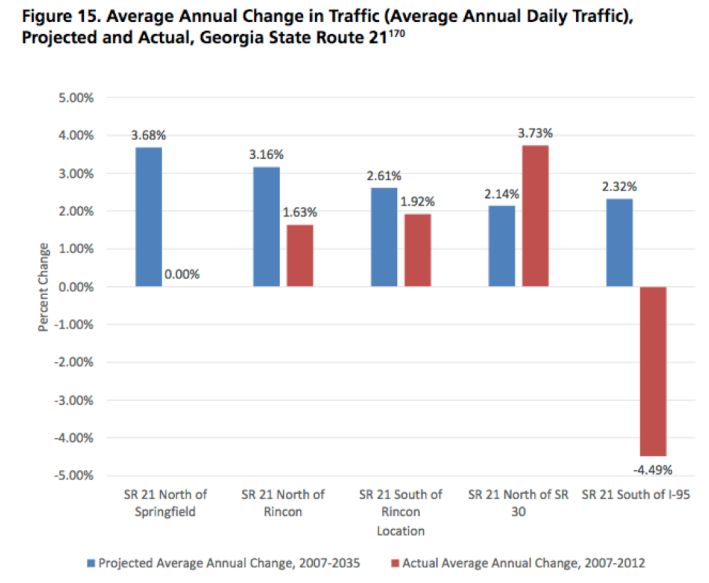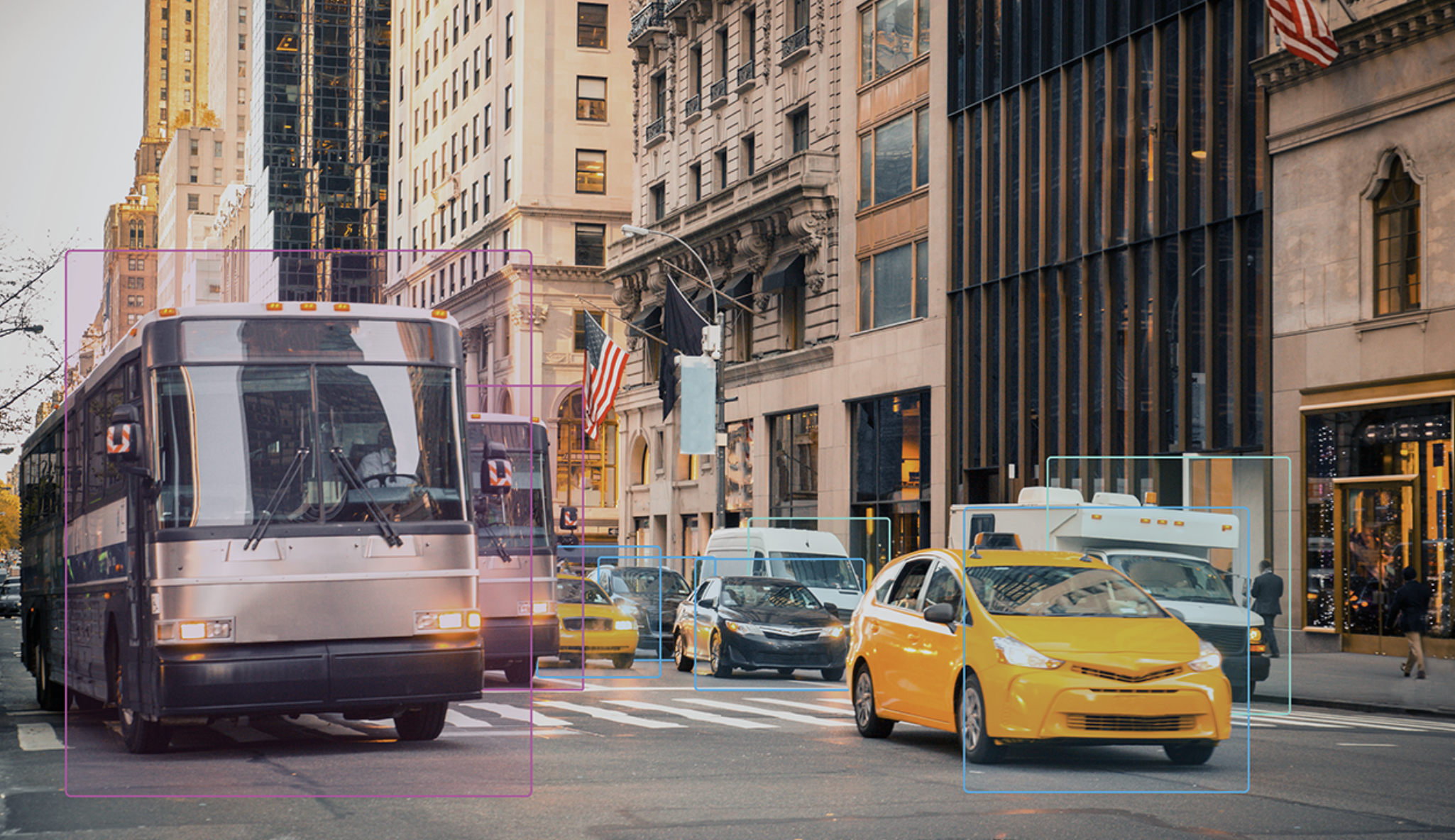
This week, U.S. PIRG and the Frontier Group will release a report titled, "Highway Boondoggles: Wasted Money and America's Transportation Future." In it, they examine 11 case studies of some of the more wasteful, least needed roads being built in America right now.
At a time when Americans are driving less and government traffic projections are alarmingly out of sync with actual trends, states should be cautious about costly highway expansion. Instead, many states are charging ahead with misguided projects that will empty their coffers of funds needed to maintain existing infrastructure, among other things.
Between 2009 and 2011, states spent 55 percent of their road dollars on expansions to less than 1 percent of their roads, underfunding the other 99 percent to the point where many roads and bridges fell into dangerous disrepair.
Here's a preview of the report's exposé of reckless state road spending. We begin with an effing doozy: the Effingham Parkway in Savannah, Georgia.
Transportation officials in a rural area northwest of Savannah, Georgia, are worried that an existing state highway will be unable to cope with growing traffic volumes if the hoped-for industrial expansion and resulting population increase occur. Their proposal is a new $37.4 million highway. Recent trends, however, suggest that traffic isn’t growing as quickly as anticipated, raising questions about whether the new highway is necessary.
The proposed Effingham Parkway is a $37.4 million road that would run parallel to the existing Georgia Route 21. Connecting the new highway to other existing local roads will require spending an additional $11.5 million on nearby road work. State plans include expansion to four lanes in the future, and specify a total price tag of $100 million.
Traffic on Route 21, however, has failed to grow at the rate anticipated by officials along most of the relevant length. Of five locations on Route 21 parallel to the proposed parkway where both projections and traffic counts were available, only one saw traffic increase at an average rate higher than is expected to happen if the Effingham Parkway is not built. The other locations saw traffic rise far less than projected, stay flat, or even drop.
The project’s official justification is partly based on hopes that the nearby Port of Savannah will benefit from increased container ship traffic that could come as a result of the present widening of the Panama Canal. But it is no sure thing that Savannah will receive funding to adapt the harbor to wider ships, or -- even if it does -- that the harbor would outcompete the other East Coast ports that are also angling for these giant ships. And even if both those things occur, the Effingham Parkway would not be a major recipient of any traffic resulting from the shipping, as it is not a designated freight corridor. The two nearby interstate highways -- I-95 going north-south and I-16 going west -- are already the key carriers of freight in the region, in addition to rail routes.
The Effingham Parkway project has been downscaled to two lanes from an originally planned combination of two- and four-lane segments, but the current proposal leaves room for future widening. State funding has not yet been secured, but the current timeline is for work to start in late 2017. Last June, the interim Chatham County administrator said officials are hoping “to avoid having to do a Federal Highway Administration environmental impact statement, which would lead to a lengthy timeline and an even bigger price tag.”
Georgia is already struggling to pay for its transportation infrastructure. The state had enough money to resurface just 2 percent of its highways in 2013. At that rate, state Transportation Commissioner Keith Golden told a state legislative committee, roads would only get resurfaced every 50 years.
Georgia has a long history of encouraging road expansion with little consideration of its specific merits. For instance, there is a longstanding “balancing” system that encourages dividing highway funds equally among Congressional districts, regardless of relative needs. Likewise, the Governor’s Road Improvement Program places highway access at the pinnacle of transportation access needs, and is premised on the idea that living within 20 miles of a four-lane highway should be a nearly universal entitlement for Georgians.
Phineas Baxandall, senior policy analyst at U.S. PIRG, and Jeff Inglis, policy analyst at the Frontier Group, are co-authors of the report, "Highway Boondoggles: Wasted Money and America's Transportation Future."






